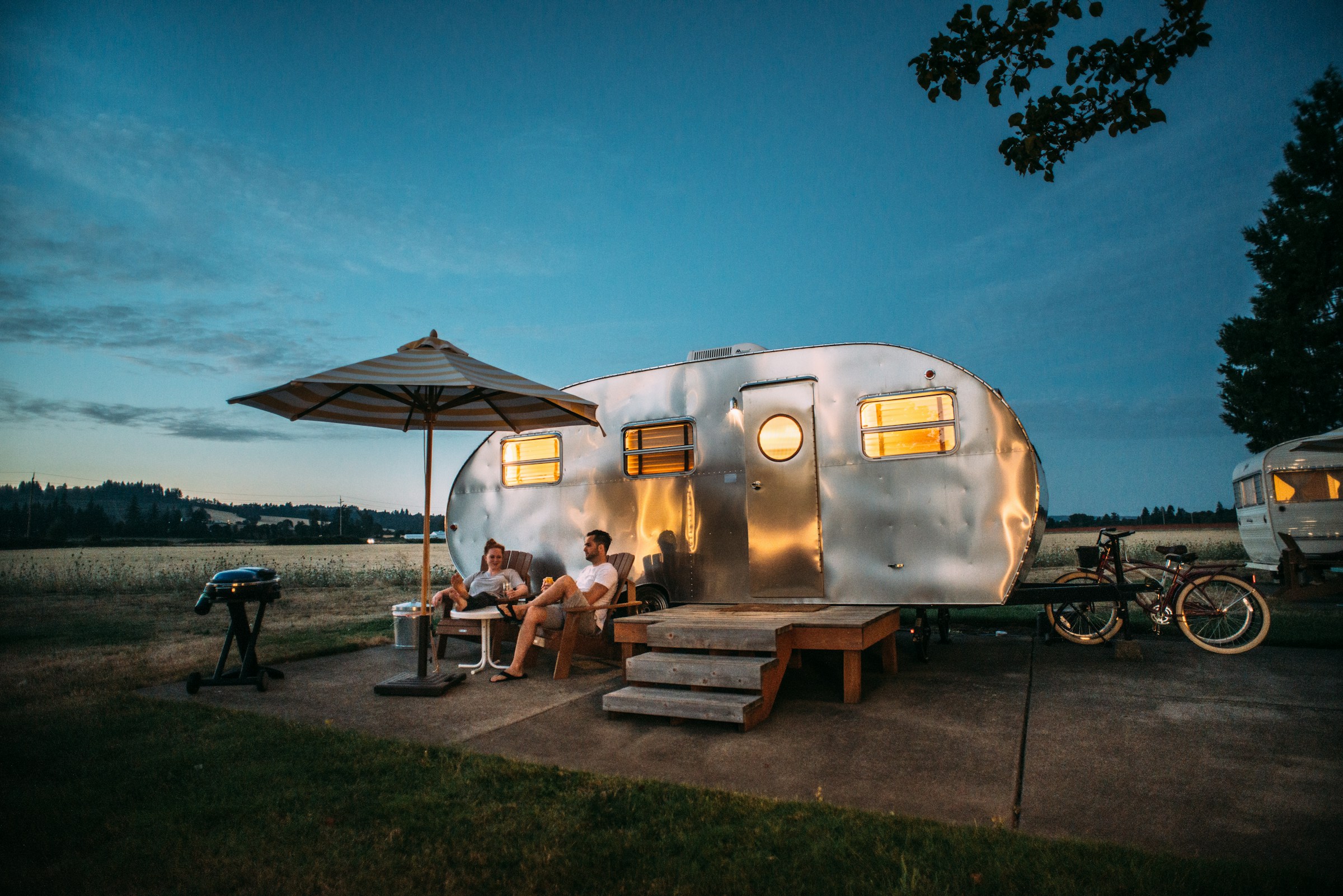How to choose the right tent size for your family's camping trip?

Selecting the correct tent size for your camping adventure can be a daunting task, especially when considering the needs of a family. There are several factors to consider, from the number of people that will be sleeping in the tent to the specific gear that will accompany you. This guide will shed light on the various elements you need to consider when choosing the perfect tent for your family's camping trip.
Identifying Your Family's Camping Needs
Before you delve into the vast world of tents and accessories, it's crucial to have a clear understanding of your family's camping needs. The size of your family, the season in which you will camp, and the nature of your camping trip are all critical considerations.
Starting with the size of your family, it's important to note that tents are typically categorized by the number of people they can accommodate. However, this is a general guideline and does not factor in the space needed for personal belongings and gear. If you prefer a spacious tent or if your family is large, you may want to opt for a tent that accommodates more people than your family size.
The season during which you plan to camp will also influence the type of tent you choose. Four-season tents are designed to withstand extreme weather conditions, making them suitable for winter camping trips. In contrast, three-season tents are lighter and designed for camping in moderate weather conditions.
Finally, the nature of your camping trip will determine the best tent for your needs. Backpacking trips require lightweight tents that are easy to set up and take down, while car camping trips allow the luxury of larger, heavier tents with numerous accessories.
Considering Tent Size and Space
When selecting a tent, the most obvious factor to consider is size. However, size in the context of tents involves more than just the number of people a tent can sleep.
Tents are usually labeled as one-person, two-person, and so forth. However, these labels can be misleading. A two-person tent will technically accommodate two adults, but it may not offer much room for anything else. If you're camping with your family and require space for gear and other accessories, you should opt for a larger size.
Another aspect to consider is the tent's peak height. If you or a family member is particularly tall or if you prefer to be able to stand up when changing clothes, a tent with a higher peak height will be more comfortable.
Selecting the Best Tent Shape and Poles
The shape of your tent can immensely influence its usability and stability. Dome tents are popular for their high resistance to wind and their generous headroom. They often come with just two poles, making them easy to assemble.
Tunnel tents, on the other hand, offer more usable space and are ideal for larger families. However, they generally require more poles for setup, which can be time-consuming.
The material of the poles is also a crucial factor. Aluminum poles are lightweight and resist breaking, while fiberglass poles are heavier but generally less expensive.
Utilizing Tent Accessories for Enhanced Comfort
Tent accessories can significantly enhance your camping experience. A tent footprint, for example, can protect your tent from the rough ground, prolonging its lifespan.
Rainflies provide protection from rain and dew, while mesh panels offer excellent ventilation. Vestibules attached to the tent entrance provide additional storage space for gear.
Consider the accessories that will heighten your family's comfort and convenience during the camping trip. However, be mindful of the extra weight they may add, especially if you're backpacking.
Evaluating Tent Room Dividers for Privacy
If you’re camping with older children or another couple, tents with room dividers can be a practical choice. These offer a level of privacy not available in a single-room tent.
Many larger tents feature room dividers that create separate sleeping and living spaces. This is particularly beneficial for families, as it enables parents to stay up later without disturbing sleeping children.
Remember, choosing the right tent size for your family's camping trip is not a one-size-fits-all scenario. It requires careful consideration of your specific needs and preferences. Happy camping!
Weatherproofing and Ventilation in Your Tent
In addition to size and shape, it’s equally vital to consider the weatherproofing and ventilation features of your family tent. Your choice here will greatly depend on the weather conditions you expect during your camping trip.
In terms of weatherproofing, you’ll want to ensure your camping tent can withstand the elements. Look for a tent with a durable rainfly that covers the entire tent and reaches the ground. This will provide your family with much-needed protection against heavy rain. Tents with robust zippers and strong stitching are more likely to withstand wind and weather, ensuring a more comfortable experience.
The tent’s flooring is also crucial. A bathtub-style floor, which curves up at the sides, is excellent for preventing ground moisture from seeping in. Adding a tarp or footprint under your tent can also help to keep the tent dry and prolong its life.
Ventilation is very important, especially if you will be camping in warmer weather. Backpacking tents or other types of season tents should have adequate ventilation to avoid condensation and keep the interior cool. Look for a tent with mesh panels in the door, windows, and ceiling, which allow for optimal air circulation.
Packing Your Tent and Camping Gear Efficiently
Once you have carefully chosen your family camping tent, consider how you will pack it and your other gear. Even the best camping tent can become a burden if it's not packed effectively.
If you're going on a car camping trip, tent weight and size might not be an issue. However, for a backpacking trip, the weight of your tent will be a significant consideration. Aim for a tent that packs down small and is lightweight.
Also, consider how to pack your sleeping bags, sleeping pads, and other gear. Distribute the weight evenly in your backpack or car. For example, put the tent at the bottom of your backpack, then add your sleeping bag and sleeping pads.
Don’t forget to keep your essential items like water, food, and first aid kit easily accessible. An organized packing strategy will make your camping experience smoother and more enjoyable.
Conclusion
Choosing the right tent size for your family's camping trip requires careful consideration of many factors. From the size and shape of the tent to weatherproofing features and packing strategy, each aspect plays a pivotal role in your overall camping experience.
Remember, the best camping tents are those that meet your specific needs and preferences. No matter which tent you choose, the most important thing is that it facilitates a memorable and enjoyable trip for your entire family. So, take the time to evaluate your options, consider your requirements, and make an informed decision. After all, the right tent can make all the difference between a good camping trip and a great one. Happy camping!
